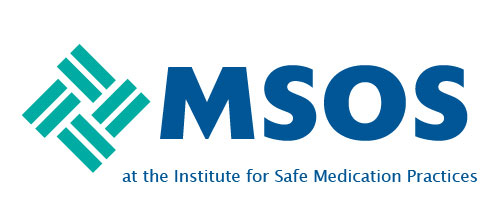Happy Monday!
I just had general inquiry that I would like some input on. To preface, I am at a large pediatric institution that currently dispenses insulin pens to all patients requiring doses. This could potentially result in administration errors and poses a significant cost-implication. Accordingly, we are looking to transition all basal insulin doses (i.e. detemir, glargine) to be prepared by the central pharmacy in subcutaneous syringes. This recommendation has been acknowledged by the ISMP in 2017.
However, there are some safety concerns that I would like to address:
1) Not all patients are candidates for pharmacy-prepared insulin syringes. Those with a new diagnosis of diabetes mellitus will need to be on pen devices to help them become comfortable with administrations and to receive education during their admission. How can these patients be differentiated from an ordering standpoint? In other words, how can we standardize which patients are to receive pens vs pharmacy-filled syringes?
2) For patients with resolved DKA, a subcutaneous dose of insulin is required 1-2 hours prior to stopping the IV insulin infusion. If pharmacy were to work these doses, it would inevitably prolong the patient's time on the IV insulin infusion (and thus, delay their transfer out the intensive care unit). How can this issue be mitigated? Are providers responsible for getting these orders signed in advance, or are pen devices stocked in the ICU for quicker access?
Any feedback, comments, or information would be greatly appreciated! I would also love to hear how this practice was set up at your respective institutions and any learning lesson that were identified! Thank you all for reading and taking the time respond!
Regards,
Joseph Vu, PharmD

